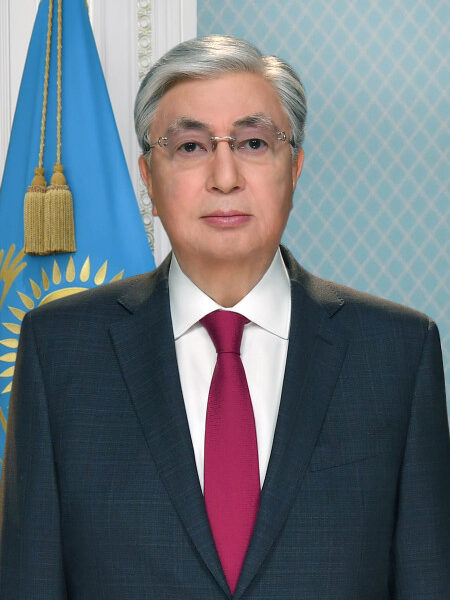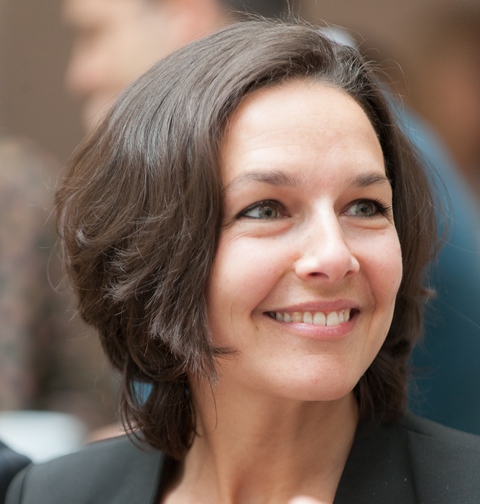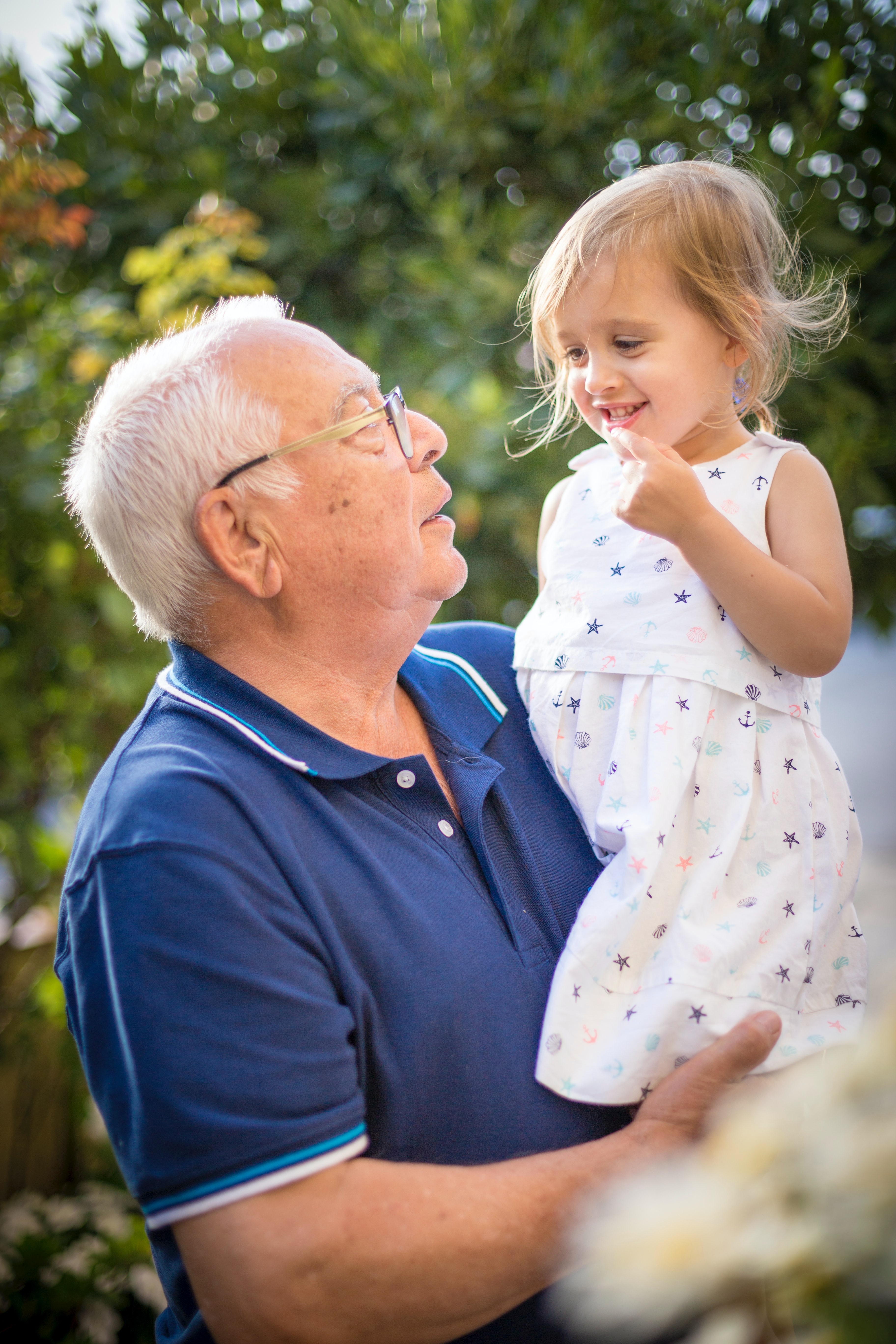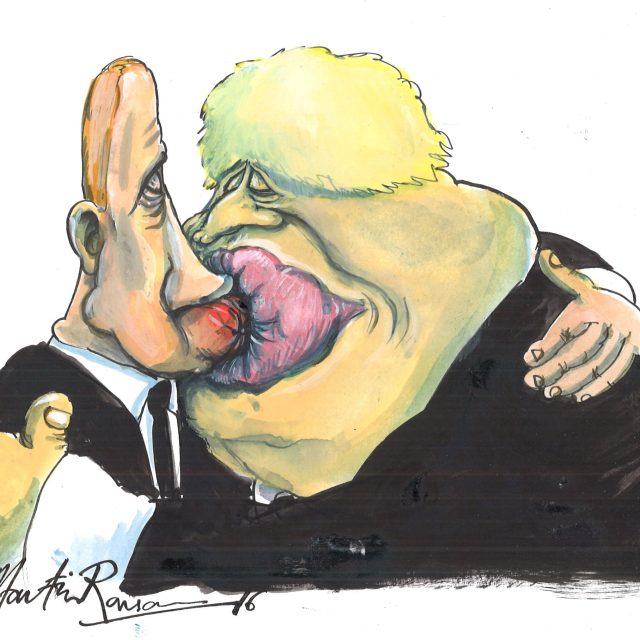May 31 is marked in Kazakhstan as the Day of Remembrance for Victims of Political Repression and Famine. Between the 1920s and 1950s, over 100,000 people in Kazakhstan were convicted on political grounds, with tens of thousands executed. More than 1.5 million Kazakhs perished during the forced collectivisation and famines of the 1930s, with some estimates reaching over 2 million.
Kazakhstan was home to 11 camps within the Soviet GULAG system, one of the most infamous being ALZHIR – the Akmol camp for the wives of traitors to the Motherland — located in Akmol village near Astana. It held women imprisoned solely for being the spouses or relatives of those labelled enemies of the people. Today, the ALZHIR Memorial Complex stands as a solemn reminder of these atrocities and a symbol of Kazakhstan’s ongoing commitment to historical justice and national unity.
Kazakhstan President Kassym-Jomart Tokayev delivered an address today at the ALZHIR Memorial Complex to honour the victims of political repression and famine, reaffirming Kazakhstan’s commitment to preserving historical truth and drawing enduring lessons from one of the darkest chapters in the nation’s past.
The event, marked annually on May 31, commemorates the millions who suffered and perished as a result of Stalinist terror, forced collectivisation, and famine in the 20th century. Speaking before descendants of those imprisoned at ALZHIR, the notorious Camp for the Wives of Traitors to the Motherland, President Tokayev emphasised the sacred responsibility of remembrance and the dangers of historical distortion.
“The memory of millions of innocent victims of totalitarianism is sacred,” the President said. “There can be no justification for the inhumane and fundamentally flawed state policies of that period. We must never allow such tragedies to repeat themselves.”
He condemned efforts to politicise or reinterpret history, warning that glorifying architects of repression or erasing the suffering of victims undermines national values and unity. “History must not be read through the lens of the political present. Unfortunately, this happens far too often,” he noted. “We must free ourselves from the victim complex, constantly looking backward is a sign of weakness.”
The President highlighted Kazakhstan’s substantial efforts to rehabilitate the memory of those repressed. He pointed to the establishment of the State Commission for the Full Rehabilitation of Victims of Political Repression, which over the past three years has reviewed over 2.5 million archive materials and rehabilitated more than 300,000 individuals unjustly persecuted during the Soviet era.
This work, he stressed, is not merely symbolic but represents a comprehensive re-evaluation of historical injustice. “A 72-volume collection and a 12-volume archive of cases against Alashorda leaders have been published. These are unprecedented efforts that have not been undertaken even in other countries with similar histories,” Tokayev stated.
The ALZHIR complex, where around 8,000 women were imprisoned from 1938 to 1953, including wives of prominent Kazakh intellectuals, now serves as a site of national remembrance and education. “Our ancestors endured unimaginable suffering. But they also showed extraordinary humanity and solidarity, helping others in times of hardship. This spirit of unity, tolerance, and mutual support forms the bedrock of our national identity today,” the President said.
President Tokayev also linked historical reflection with contemporary progress. He outlined the broad political and constitutional reforms undertaken since the 2022 national referendum, including the establishment of a Constitutional Court, the expansion of parliamentary powers, and the introduction of direct elections for local officials. He reaffirmed that the principle of “Independence above all” must remain sacred in the national consciousness.
“Today, we are building a Just Kazakhstan. The political mindset of our society is changing. People believe in real change and have become the driving force of positive transformation,” the President said. He concluded with a message to the younger generation: “Know your history, but look forward with confidence. Learn, progress, and always be ready to defend our sovereignty.”




